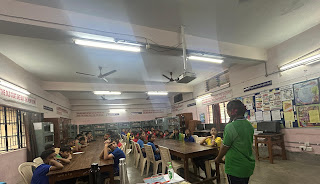Participating in debates offers numerous benefits for students, enhancing their academic, social, and personal development. Here are some of the key advantages: 1. Critical Thinking: Debating requires students to analyze and evaluate different perspectives, enhancing their ability to think critically and logically. 2. Research Skills: Preparing for a debate involves extensive research, which improves students’ ability to gather, evaluate, and synthesize information from various sources. 3. Public Speaking: Debating helps students develop confidence and poise when speaking in front of an audience, improving their public speaking and presentation skills. 4. Communication Skills: Effective debating requires clear, concise, and persuasive communication, both in presenting arguments and in responding to opponents. 5. Active Listening: Debaters must listen carefully to their opponents to formulate effective rebuttals, enhancing their active listening and comprehensio...


